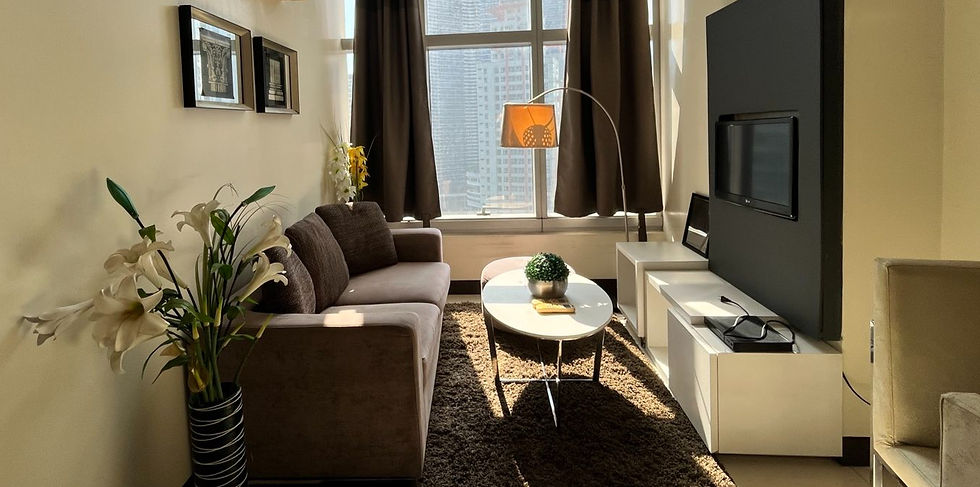Understanding Manila's Rentals: Key Lease Agreement and Tenancy Insights
- bedandgoinc
- 2023年12月1日
- 読了時間: 2分
December 1, 2023

In the bustling metropolis of Manila, where the urban lifestyle is on the rise, the choice between renting and owning a property is becoming more prevalent. For many, the allure of living in a condominium in Metro Manila presents a unique blend of affordability, convenience, and a vibrant city life. As we delve into the world of renting in Manila, it's crucial to understand the intricacies of tenancy acts and the role leasing managers play in ensuring a smooth residential experience.
The Appeal of Condo Living:
The increasing costs associated with property ownership and the desire for a mobile lifestyle have made condo living a popular choice, particularly among entrepreneurial millennials. Beyond the financial considerations, the strategic location of most condo projects near business districts and commercial establishments offers a convenient and time-saving daily commute. Top-notch lifestyle amenities further contribute to creating a haven from the fast-paced urban life.
Understanding Condo Tenancy:
While renting a condo might seem akin to renting an apartment, there are key differences, especially concerning homeowner's associations. Unlike apartments, condominiums give owners a say in changes within the complex. This distinction emphasizes the importance of understanding the overall tenancy act of the Philippines before becoming a tenant.
Key Aspects of Manila Tenancy:
To ensure a harmonious tenancy experience, it's crucial to be well-versed in the tenancy laws of Manila. The Rent Control Act serves as a safeguard for both landlords and tenants. Here are some key points to consider:
1. Payment Terms: Tenants are generally required to pay rent in advance within the first five days of the month or as specified in the lease contract.

2. Security Deposit: The landlord cannot demand more than one month's advance rent and two months' deposit, totaling a maximum of three months' rent upon contract signing.
3. Subleasing: Subleasing is allowed only with the written consent of the unit owner. Proper documentation is essential to avoid eviction.
4. Rent Control Act: The act protects tenants from unjust rent increases, particularly for rooms rented out to students, limiting increments to once a year and capping at seven percent.
Guidelines for Tenants:
To navigate the complex world of Manila tenancy successfully, tenants should follow these guidelines:

1. Lease Evaluation: Thoroughly review the lease agreement, condo rules, and regulations before signing.
2. Maintenance Fees: Inquire about maintenance fees and amenities to avoid any violations of the lease agreement.
3. Rent Control Awareness: Stay informed about the Rental Control Act to protect against illegal rent increments.

4. Clarify Inconsistencies: Address any inconsistencies in condo house rules and rental laws before signing the lease to ensure a seamless tenancy experience.
As the Manila real estate landscape evolves, understanding the nuances of tenancy acts becomes paramount for both lessors and tenants. Armed with knowledge and a clear understanding of the legalities, individuals can make informed decisions, fostering a positive and secure living experience in the heart of Manila's vibrant urban environment.
Reference:








コメント